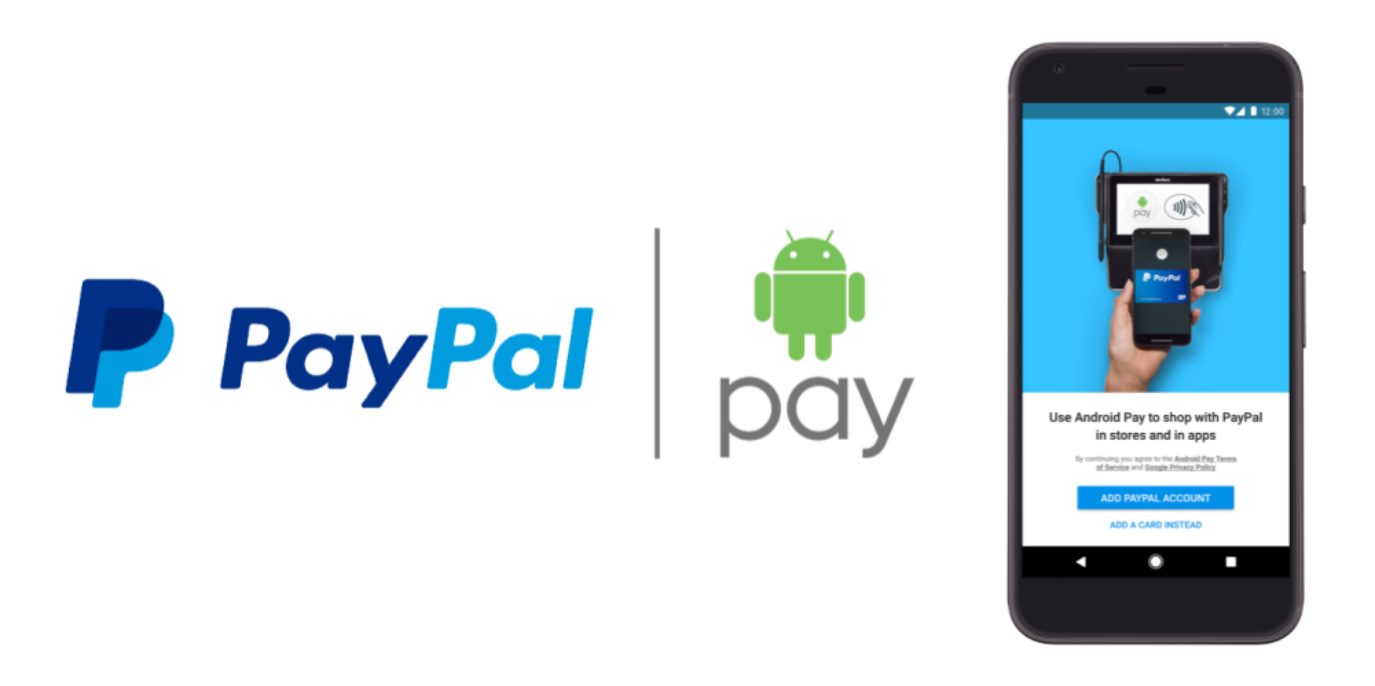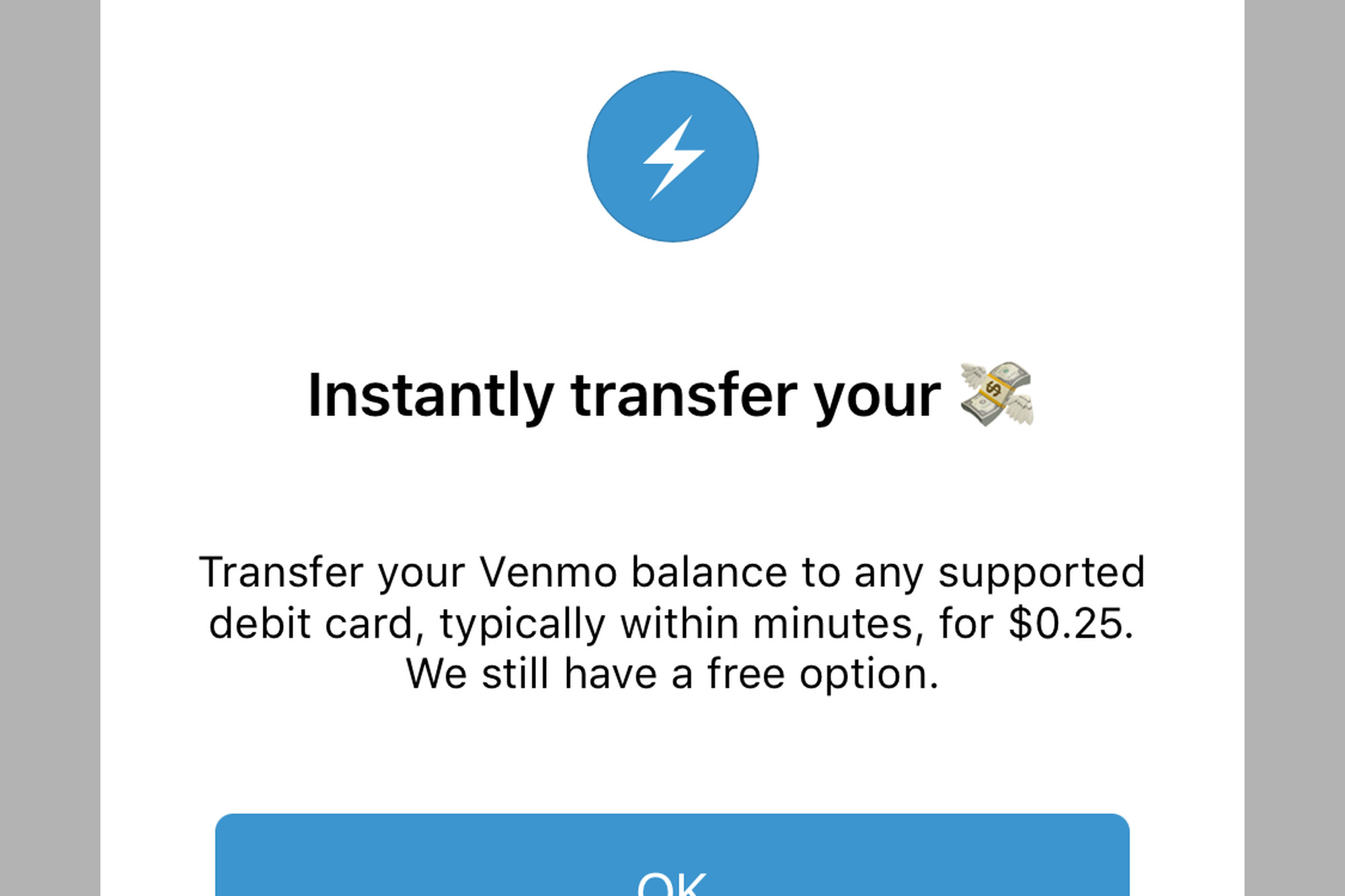Introduction
Welcome to our guide on how to opt out of Open Banking. In this digital era, Open Banking has emerged as a significant development in the financial industry. It allows individuals and businesses to share their financial data securely with authorized third-party providers (TPPs). While Open Banking offers numerous benefits, including improved access to financial services and personalized solutions, some may prefer to opt out for various reasons.
In this article, we will provide a comprehensive overview of Open Banking, discuss the reasons why someone may want to opt out, and guide you on how to do so both with your bank and with third-party providers.
Open Banking, at its core, is a system that encourages banks to open up their data and services to third-party providers through secure APIs (Application Programming Interfaces). This allows these providers to create innovative applications and services that can enrich the overall financial experience for consumers and businesses.
However, despite the potential advantages, not everyone may want to participate in Open Banking. Some individuals may have concerns about privacy and data security, while others may simply prefer to maintain control over their financial information. Fortunately, banks and TPPs are required to provide individuals with the ability to opt out if they so choose.
In the next sections, we will explore how to opt out of Open Banking with your bank and how to manage your consent with third-party providers. We will also discuss the implications of opting out and help you determine if it is the right choice for you. So, let’s dive in and explore the options available to safeguard your financial data!
What is Open Banking?
Open Banking is a system that allows individuals and businesses to securely share their financial data with authorized third-party providers (TPPs) through the use of Application Programming Interfaces (APIs). It was introduced to promote competition, innovation, and transparency in the financial industry.
Through Open Banking, banks and other financial institutions are required to make customer data, including transaction history, account balances, and other relevant financial information, available to authorized TPPs. This data sharing enables TPPs to develop innovative financial applications and services that can offer personalized solutions to customers.
One of the key principles of Open Banking is that the data sharing process is carried out securely and with the explicit consent of the individuals. This means that customers have control over which TPPs can access their financial data and for what purposes.
Open Banking also encourages competition amongst financial institutions by fostering an environment where TPPs can offer innovative solutions that may be more tailored to the needs of individuals and businesses. This increased competition can lead to better products, services, and pricing options for consumers.
Furthermore, Open Banking aims to enhance transparency in the financial industry. By providing individuals with greater access to their financial data, they can have a clearer understanding of their financial situation, easily compare products and services, and make more informed decisions.
It is important to note that Open Banking is regulated by specific data protection laws and regulations, such as the General Data Protection Regulation (GDPR) in the European Union. These regulations ensure that customers’ data is protected and that their privacy rights are respected throughout the data sharing process.
Overall, Open Banking represents a significant shift in the financial industry, offering both opportunities and challenges. By allowing individuals and businesses to share their financial data with authorized TPPs, it opens up a new world of possibilities for personalized financial services and increased competition. However, it also raises concerns regarding privacy, data security, and the appropriate use of customer data. Opting out of Open Banking is one way to address these concerns and maintain control over one’s financial information.
Why would someone want to opt out of Open Banking?
While Open Banking offers numerous benefits, there are several reasons why someone may prefer to opt out of participating in this system:
- Privacy concerns: Some individuals may have concerns about sharing their financial data with third-party providers. They may feel uncomfortable with the idea of granting access to their sensitive financial information, even if it is done securely and with their consent.
- Data security: Data breaches and cyber threats are an ongoing concern in today’s digital landscape. Opting out of Open Banking may give individuals peace of mind knowing that their financial data is not being shared with additional parties, reducing the potential risk of data breaches.
- Control over financial information: Opting out of Open Banking allows individuals to maintain full control over their financial data. They can choose whom to share their information with, when to share it, and for what purposes.
- Preference for traditional banking: Some individuals may simply prefer to engage with their bank directly rather than utilizing third-party providers. They may feel more comfortable with the familiar processes and security measures provided by their bank.
- Lack of need for additional services: Open Banking primarily focuses on enabling the development of innovative financial applications and services. If individuals feel satisfied with their current banking arrangements and do not see the need for additional services, they may choose to opt out.
It is important to note that opting out of Open Banking does not mean individuals will be completely isolated from the benefits of digital banking. They will still be able to access and utilize the services provided by their bank, such as online banking, mobile banking apps, and digital payment systems.
Ultimately, the decision to opt out of Open Banking is a personal one based on individual preferences, concerns, and circumstances. By opting out, individuals can prioritize their privacy, maintain control over their financial information, and choose how they engage with the financial industry.
How to opt out of Open Banking with your bank
If you have decided to opt out of Open Banking and prefer to restrict the sharing of your financial data with third-party providers (TPPs), you can follow these steps to opt out with your bank:
- Review your bank’s privacy policy: Before taking any action, familiarize yourself with your bank’s privacy policy. This will help you understand your rights and the options available for opting out.
- Contact your bank: Reach out to your bank and inform them of your decision to opt out of Open Banking. Inquire about the procedure they have in place for opting out and any necessary forms or documentation.
- Submit your opt-out request: Follow your bank’s instructions for opting out. This may involve filling out a form, sending a written request, or completing the process through their online banking platform.
- Confirm the opt-out: After submitting your request, it is important to confirm that your opt-out has been processed successfully. Check with your bank for any confirmation emails or written communication verifying your opt-out status.
By opting out of Open Banking with your bank, you are indicating your preference to restrict the sharing of your financial data beyond what is required by regulatory obligations.
It is important to note that opting out of Open Banking with your bank may limit your ability to utilize certain third-party applications or services that rely on Open Banking data. However, you will still be able to access and benefit from the services provided directly by your bank.
Remember to regularly review and monitor your bank accounts and statements for any unusual activity to ensure the security of your financial information.
Next, we will explore how to manage your consent with third-party providers to further control the sharing of your financial data.
How to opt out of Open Banking with third-party providers
If you have previously granted consent to third-party providers (TPPs) to access your financial data but have now decided to opt out of Open Banking, you can take the following steps to manage your consent:
- Identify the TPPs: Take note of the TPPs that you have previously authorized to access your financial data. This may include budgeting apps, payment services, or other financial management tools.
- Review the TPPs’ privacy policies: Visit the websites or contact the TPPs directly to review their privacy policies. Look for information on how to manage your consent or revoke access to your financial data.
- Follow the TPPs’ opt-out procedures: Each TPP may have a different process for managing consent. Typically, you will need to log into your account on their platform or contact their customer support to revoke consent for accessing your financial data.
- Monitor and review your consent: After opting out, regularly review the access you have granted to TPPs. Ensure that your financial information is no longer being shared with these providers and update your preferences as needed.
It is important to be aware that while you can manage your consent with TPPs, the data that has already been shared may still be within their systems. However, they should no longer have access to any new or updated financial information unless you provide consent again in the future.
By actively managing your consent with third-party providers, you have greater control over the sharing of your financial data and can align it with your preferences and privacy concerns.
Next, let’s discuss the implications of opting out of Open Banking and help you determine if it is the right choice for you.
What are the implications of opting out of Open Banking?
Opting out of Open Banking can have several implications that you should consider before making a decision. Here are some key factors to keep in mind:
- Limited access to third-party services: Open Banking allows third-party providers (TPPs) to develop innovative applications and services that can offer personalized financial solutions. By opting out, you may restrict your access to these services and miss out on potential benefits such as budgeting apps, payment services, or investment tools.
- Reduced convenience and efficiency: Open Banking aims to streamline financial processes and make banking more convenient. By opting out, you may need to rely solely on traditional banking methods and may not benefit from features like instant payment transfers or easy account aggregation.
- Impact on future financial innovation: Open Banking fosters a culture of innovation and competition in the financial industry. By opting out, you may indirectly limit the development of new and improved financial products and services that could benefit individuals and businesses in the long run.
- Control over your financial data: Opting out of Open Banking allows you to maintain greater control over your financial information. You can choose not to share your data with third-party providers and reduce the potential risk of your information being used for marketing or other purposes.
- Data security and privacy: While Open Banking ensures secure data sharing and requires explicit consent, opting out entirely can provide an additional layer of security and privacy. It reduces the exposure of your financial data to external parties and may alleviate concerns about potential data breaches or misuse.
It’s important to weigh these implications against your specific needs, preferences, and concerns. Consider whether the benefits of Open Banking, such as personalized services and increased convenience, outweigh any potential drawbacks or risks associated with sharing your financial data.
Ultimately, the decision to opt out of Open Banking is a personal one. It depends on your individual circumstances and your comfort level with sharing financial information with third-party providers. If privacy and control over your financial data are top priorities for you, opting out may be the right choice.
Next, we will help you evaluate whether opting out of Open Banking aligns with your specific requirements and financial goals.
Is opting out of Open Banking the right choice for you?
Deciding whether to opt out of Open Banking is a personal choice that depends on various factors. Here are some considerations to help you evaluate whether it is the right choice for you:
- Privacy concerns: If you are highly concerned about the privacy of your financial data and prefer to have full control over its sharing, opting out of Open Banking can provide you with peace of mind.
- Data security: If you prioritize data security and want to minimize the risk of data breaches or unauthorized access to your financial information, opting out may be the best choice for you.
- Need for additional services: Assess whether you genuinely require or benefit from the services provided by third-party providers through Open Banking. If you find that you are content with your existing banking arrangements and do not rely heavily on third-party applications or services, opting out might not significantly impact your financial experience.
- Comfort with traditional banking: Consider whether you feel more comfortable engaging directly with your bank for all your financial needs rather than utilizing third-party providers. If you prefer the security, familiarity, and features offered by your bank, opting out could align better with your preferences.
- Desire for financial innovation: Evaluate how much importance you place on accessing innovative financial products and services that are made possible through Open Banking. If you value staying at the forefront of technological advancements and enjoy the benefits of personalized financial solutions, opting out might limit your opportunities.
Remember that opting out of Open Banking does not mean complete isolation from digital banking. You can still enjoy online banking, mobile banking apps, and other services provided directly by your bank.
It’s essential to balance the benefits and drawbacks of Open Banking against your specific requirements and concerns. Consider your comfort level with data sharing, your need for additional services, and your overall goals for managing your financial information.
If privacy, control, and data security are your top priorities, opting out of Open Banking may be the right choice for you. However, if you value convenience, personalized financial solutions, and access to innovative services, it might be worth embracing the benefits that Open Banking provides.
Ultimately, the decision is yours to make based on your individual circumstances and preferences. Take the time to evaluate your options and choose the path that best aligns with your financial goals and peace of mind.
Conclusion
In this guide, we have explored the topic of opting out of Open Banking, providing insights into what Open Banking is, reasons why someone might choose to opt out, and the steps involved in opting out both with your bank and third-party providers. We have also discussed the implications of opting out and evaluated whether it is the right choice for you.
Open Banking offers numerous benefits, such as improved access to financial services, personalized solutions, and increased transparency. However, it may not be a perfect fit for everyone. Some individuals have concerns about privacy, data security, or simply prefer traditional banking methods. Opting out of Open Banking allows individuals to maintain control over their financial data, limit the sharing of information with third-party providers, and prioritize their privacy and security.
It is important to carefully consider the implications of opting out and weigh them against your specific needs, preferences, and concerns. The decision should align with your comfort level with data sharing, your need for additional services, and your goals for managing your financial information.
Whether you choose to participate in Open Banking or opt out, remember that the financial industry is continually evolving and offering new solutions. Stay informed about the latest advancements and regulatory changes to make educated decisions about your financial journey.
Ultimately, the choice is yours to make, and it should be based on what aligns with your individual circumstances and financial goals. Only you can determine the most suitable path forward when it comes to Open Banking and the sharing of your financial data.
Should you have any further questions or require additional information, reach out to your bank or financial institution to discuss the options available to you. Remember to prioritize your privacy, security, and well-being as you navigate the ever-changing landscape of the financial industry.

























